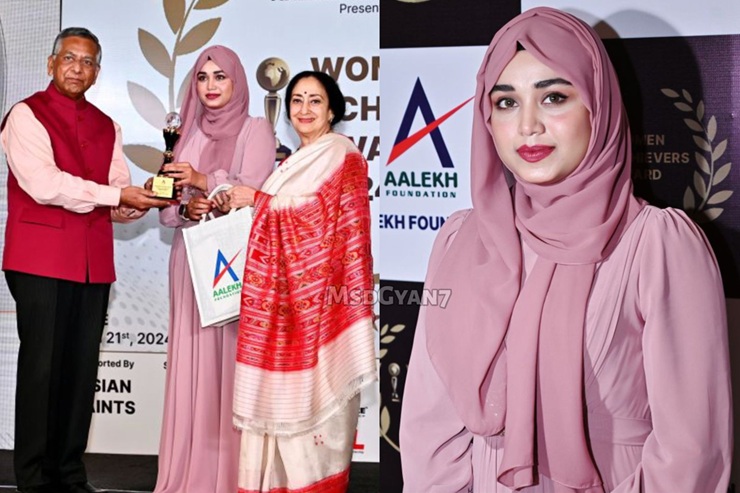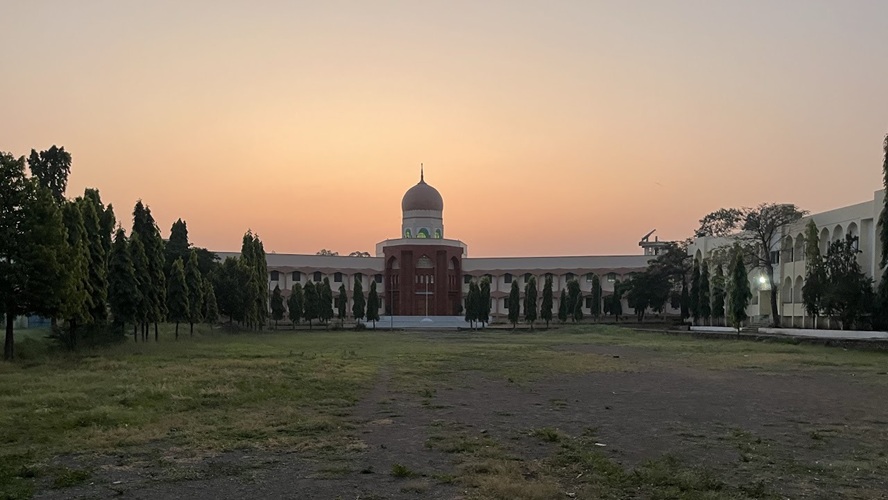With a new President, Masoud Pezeshkian, in office in Iran, questions are
being asked about the future course of Indo-Iran bilateral. However, no reset
should be expected as both countries understand the need to stand together
and bilateral ties have indeed consolidated during the recent past, under
Modi 3.0.
Reformist candidate Masoud Pezeshkian has won Iran’s runoff presidential
election, beating hardliner Saeed Jalili by promising to reach out to the West and
ease enforcement on the country’s mandatory headscarf law after years of
sanctions and protests squeezing the Islamic Republic.
Pezeshkian promised no radical changes to Iran’s Shia theocracy in his campaign
and long has held the supreme leader, Ayatollah Ali Khamenei, as the final
arbiter of all matters of state. But an Iranian government still largely held by
hardliners will challenge even Pezeshkian’s modest aims.
The late president, Ebrahim Raisi, who died in a helicopter crash in May 2024,
was seen as a protégé of Khamenei and a potential successor as supreme leader.
While Khamenei remains the final decision-maker on matters of state, whichever
man ends up winning the presidency could bend the country’s foreign policy
towards either confrontation or collaboration with the West, on which the whole
edifice of Iranian diplomacy rests.
Though, in most countries presidents are usually the final authority in their
capacity as heads of state or government – or both – that’s not the case in Iran. It
is the Supreme Leader, who is the final authority in Iran and sets the domestic
and foreign policies of the country and makes all key decisions. Thus, one may
wonder if the presidential elections are a mere ruse and the president’s office a
mere token. However, the reality is quite complicated.
In reality, the president is not a mere decorated mechanical bureaucrat. A
president and his minister’s still have the crucial executive role and the manner
in which they implement the policies and enforce the decisions plays a major
role in the outcomes these policies and decisions produce.
As a result, while rules like the mandatory wearing of hijab for females in public
will not be revoked, the implementation under Pezeshkian is expected to be
much more humane and incidents like the custodial killing of Mahsa Amini,
which triggered months long protests across Iran, are expected to be checked.
And it is this background that we’ll have to see future of the Indo-Iran ties under
President Pezeshkian.





0 Comments